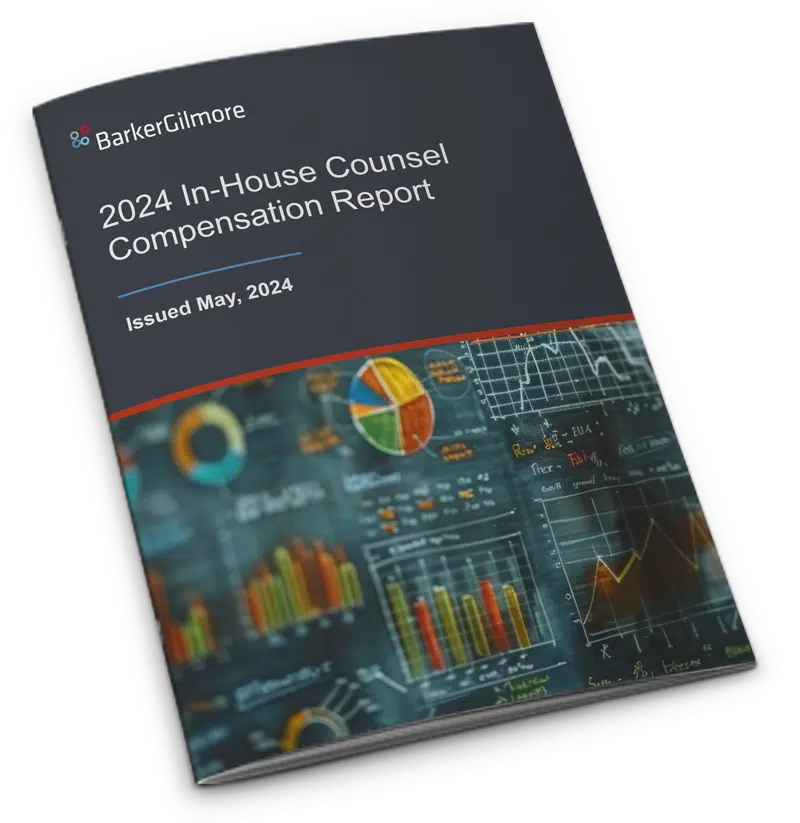Performance reviews are a fundamental tool used by organizations of all sizes to assess employees and influence pay raises. This checklist was designed to help you generate meaningful and useable feedback, gain greater recognition and reward, and develop an ongoing process that will result in an enhanced and dynamic approach to the annual review.
1. Build a relationship all year long with the person who evaluates you.
Think of a yearly performance review as the culmination of a series of discussions you’ve had throughout the year. This means informing your evaluator about personal and departmental accomplishments in real-time instead of waiting until the end of the year. Depending on the company’s culture, schedule regular monthly meetings or stop by their office to check-in. Regular meetings will help prepare you for the end-of-year review and can expose areas that may need attention earlier rather than later.
2. Keep tabs on your performance factors.
Even though you will be communicating with your manager throughout the year, it’s important to document the following performance factors:
- Key accomplishments measured against your assigned annual goals including specific examples
- Quantifiable value that you (or your team) brought to the organization
- Suggested goals for the upcoming year
When it’s time for a final review, take a look at your track record and send a self-evaluation to the reviewer in advance of the meeting. Since it’s not incumbent upon them to recall the details of what you shared with them throughout the year, let this serve as a factual framework for the discussion.
3. Nurture relationships with business leaders, the C-suite, and board members.
As a leader or member of the legal team, you are being judged by those outside the legal department through interactions with them in the normal course of business or while serving on cross-functional teams. It’s essential to devote time and effort to these relationships and show colleagues how you add value and can help them reach their goals. Remember, positive or negative comments that colleague’s share about you will influence your reviewer’s perception and evaluation.
4. Connect to corporate strategy during the in-person review.
When it’s time to sit down for a formal performance review, be prepared to focus on and discuss your accomplishments, quantifiable value, and goals. By presenting this information and connecting it to the overall corporate strategy, you can position yourself as both a lawyer and a business partner, an important part of being a legal leader today. Even as a member of the legal team, you can keep the company’s overall goals in alignment with your own.
5. Avoid potential pitfalls.
If the meeting takes a turn, keep in mind the goal is advocacy on behalf of you and your department and not adversity.
- Don’t be defensive
- Assume noble intent
- Ask for feedback
Respond with comments such as “help me understand” or “it would be helpful to know more” to understand specific examples or areas of concern. This can result in a learning opportunity to improve both yourself and your career, so it’s critical to receive and understand the feedback.
6. End the review on a high note.
The best and highest use of the performance review is to create a continuous learning process with the goal of helping you to achieve success. To take your career to the next stage, ask these questions at the end of the review:
- What would you like me to focus on to support the company’s objectives?
- How can I best continue to support and make your job easier?
- How can I add the most value in the coming year?
The answers to these questions are sure to result in improved performance and personal development, guaranteeing an even better review next year.
Contact BarkerGilmore for Executive Coaching to Advance Your Career
Contact BarkerGilmore for best-in-class legal and compliance executive search, consulting, and coaching.
Connect with a legal recruiting advisor
* indicates required fields






